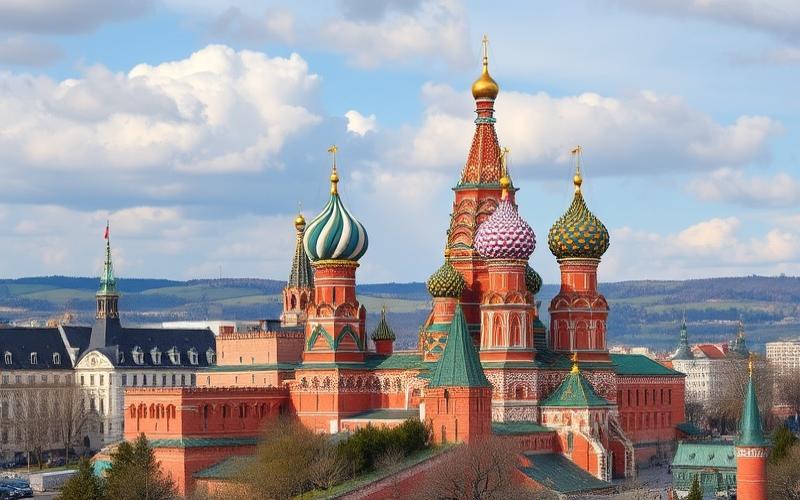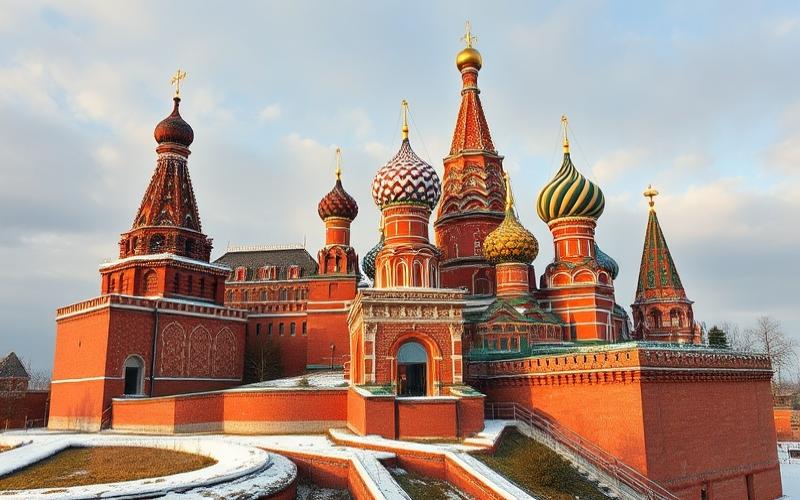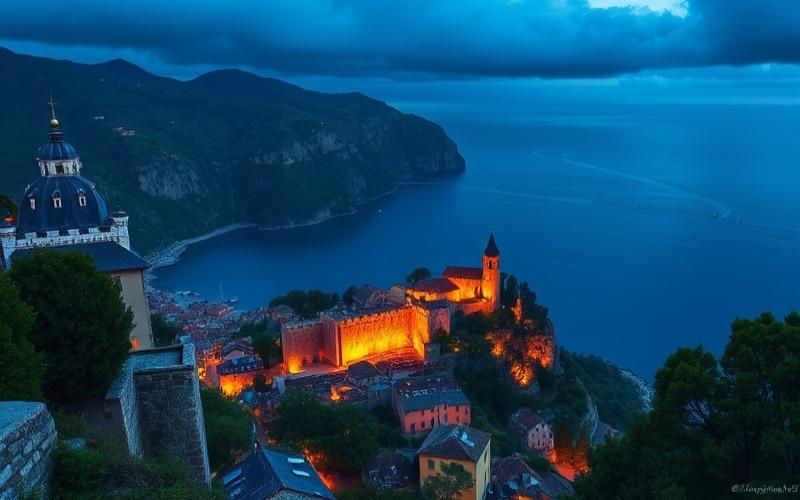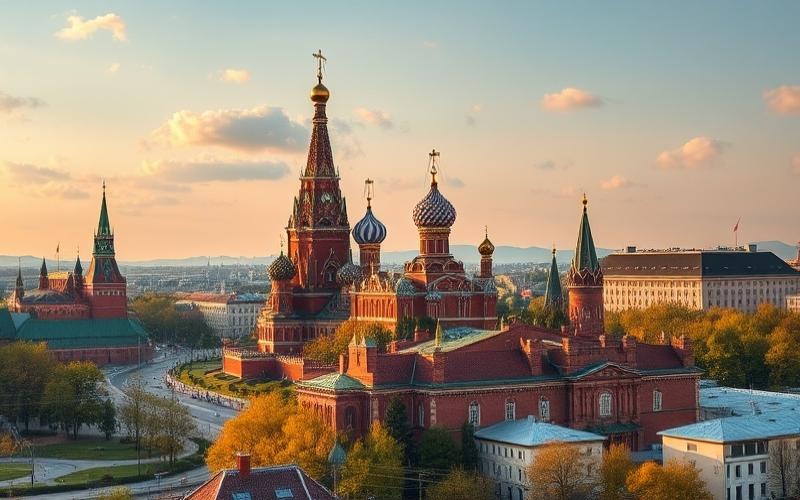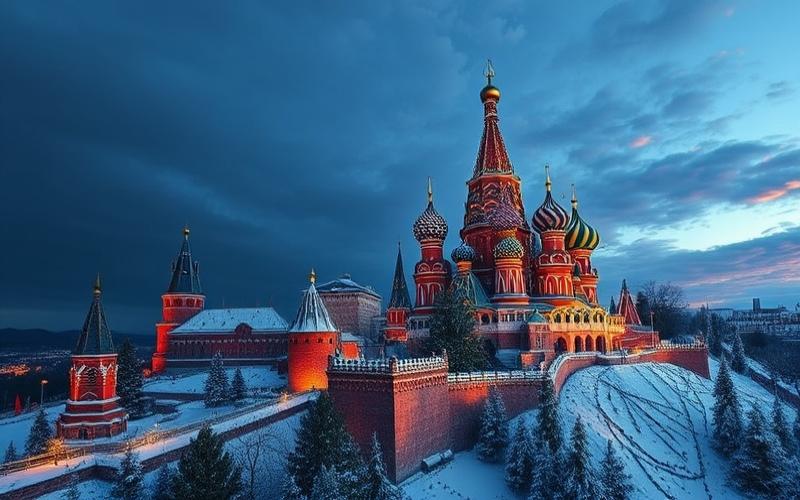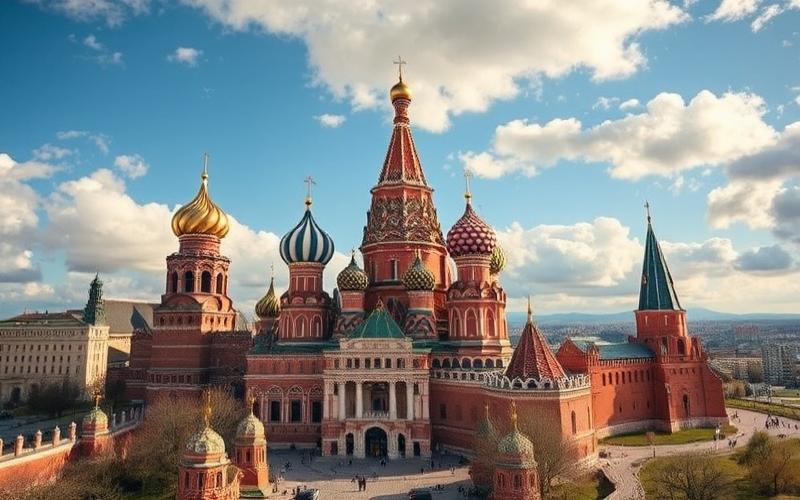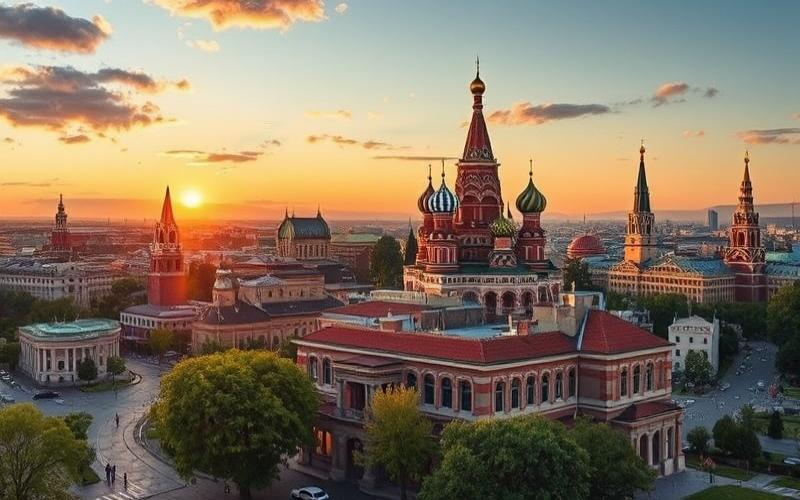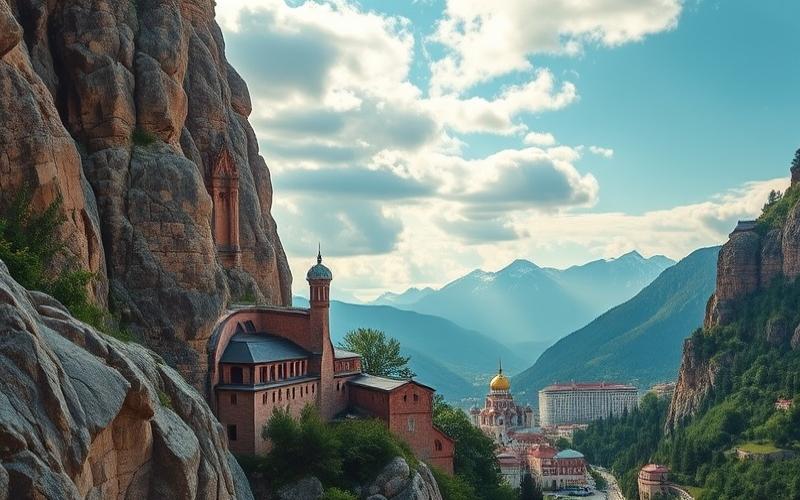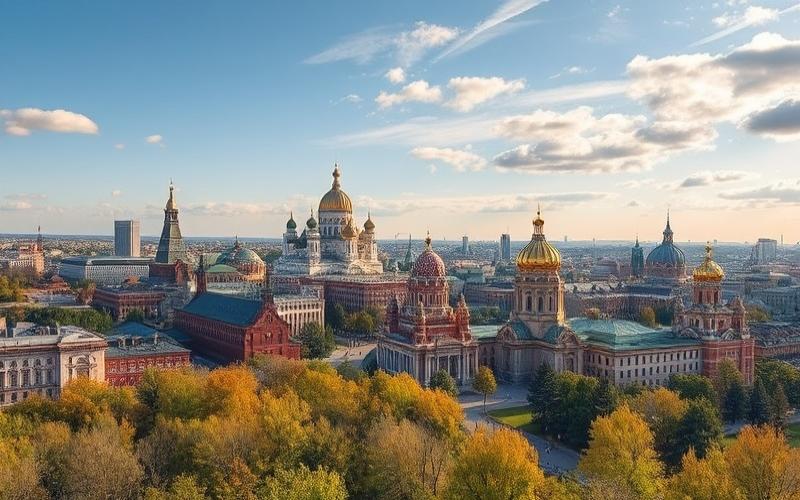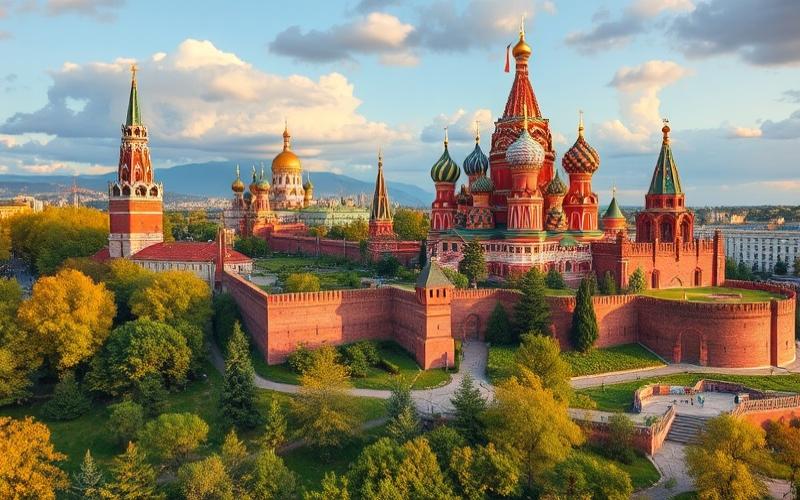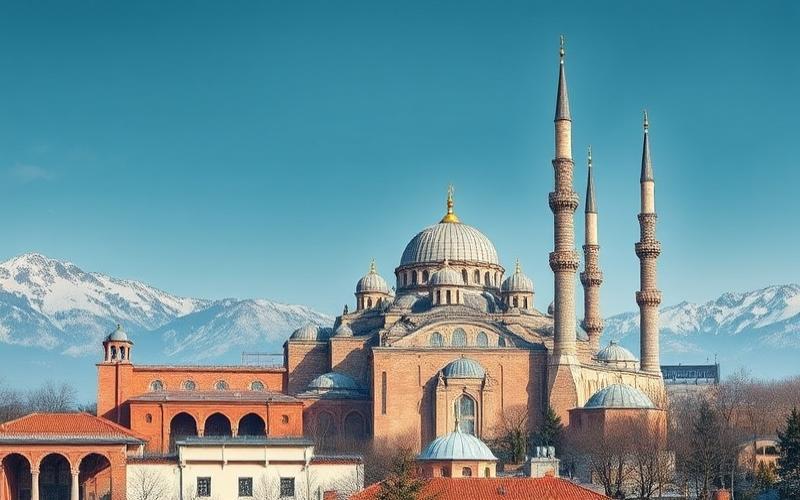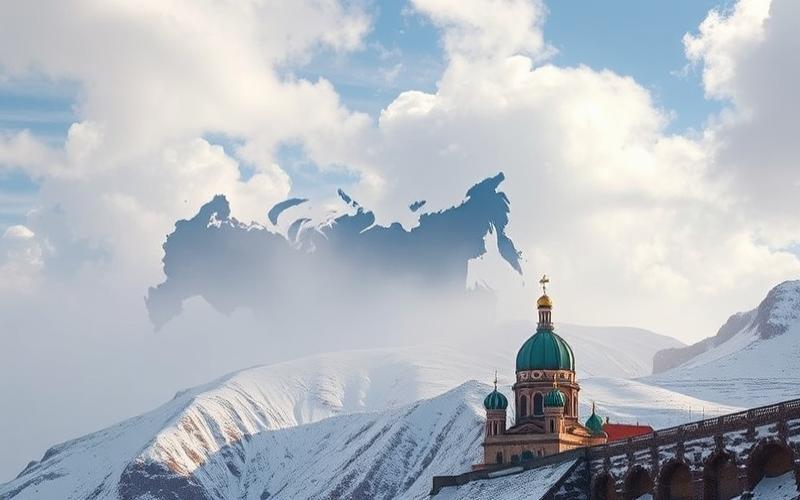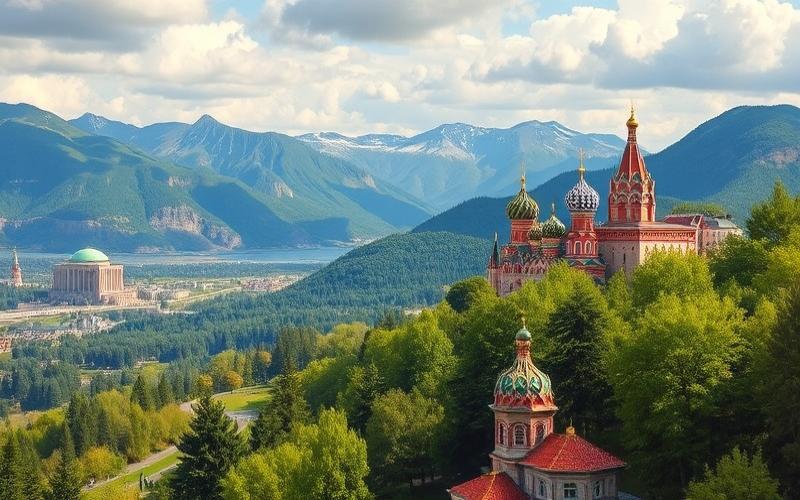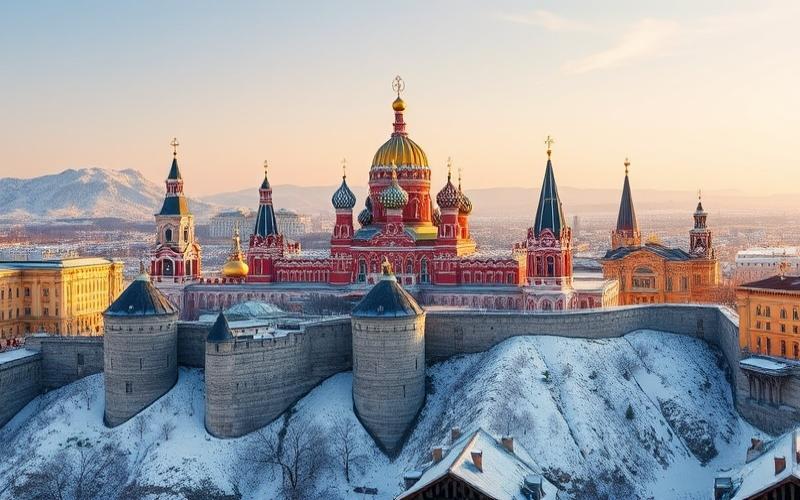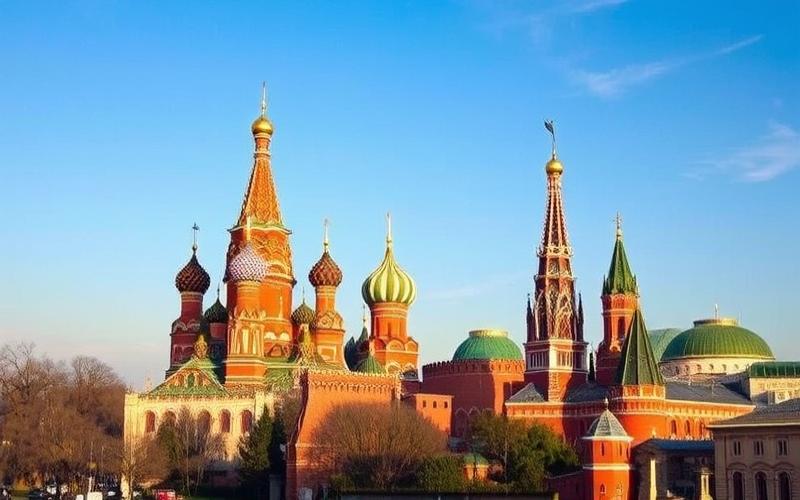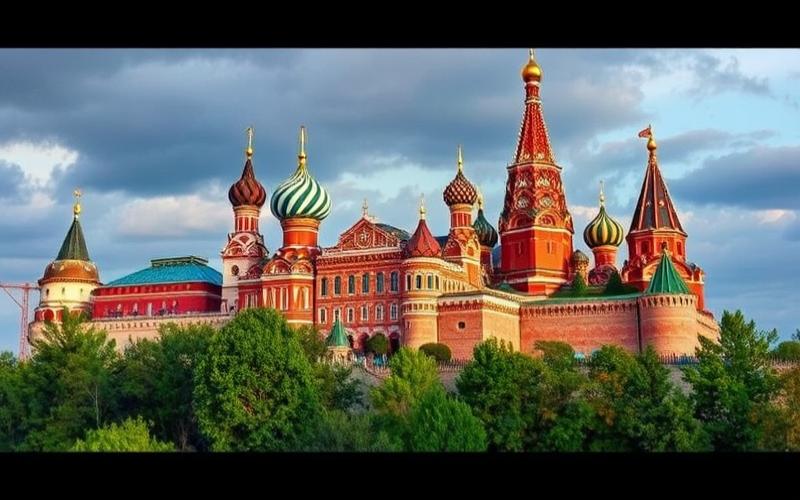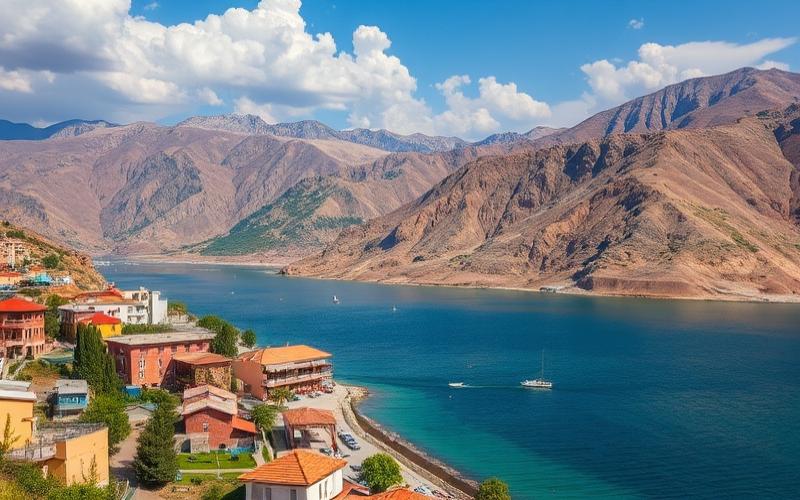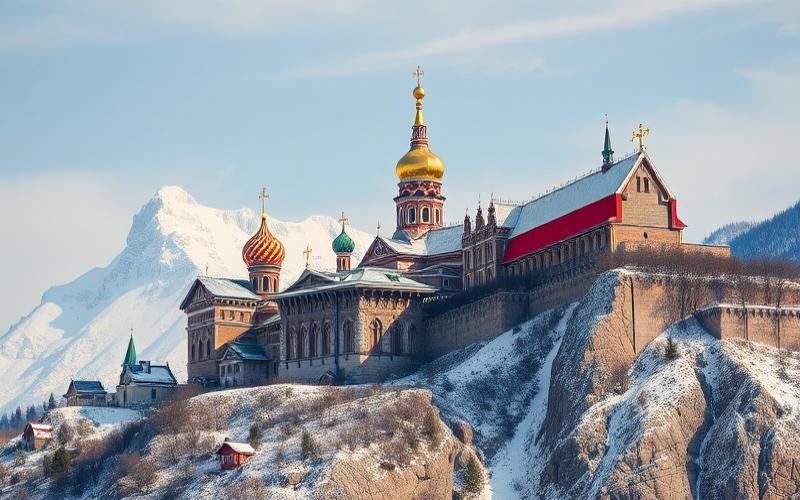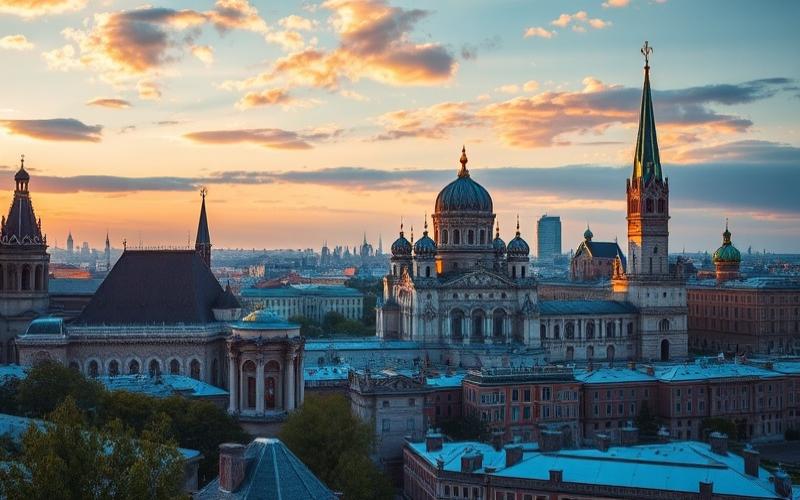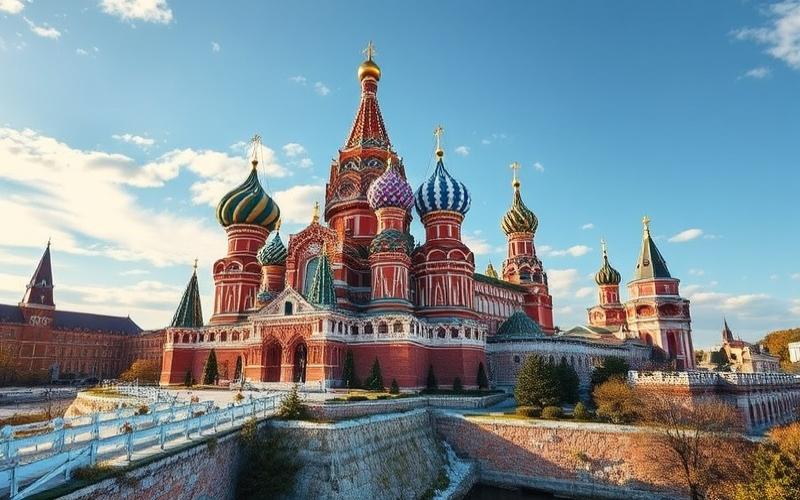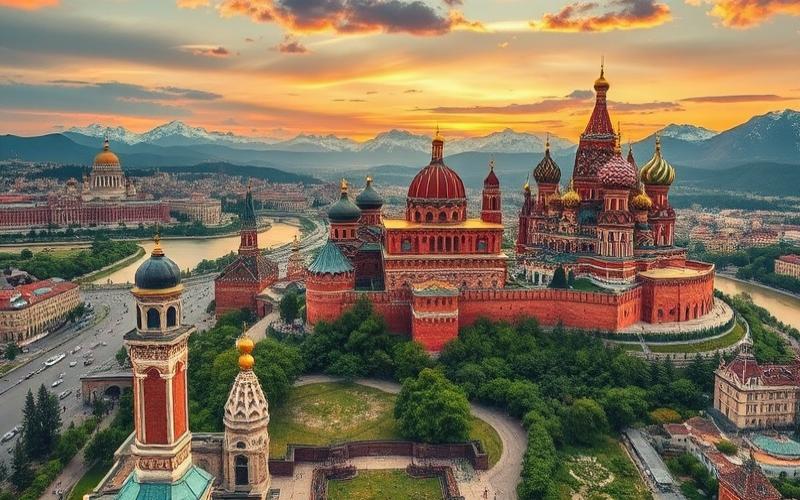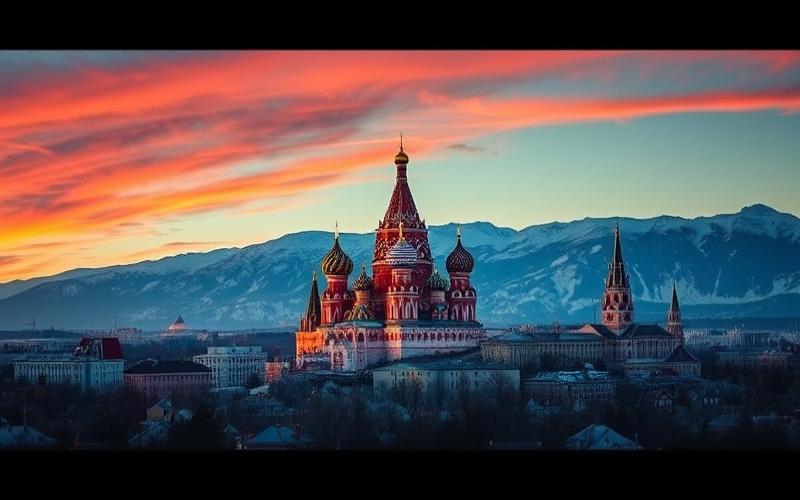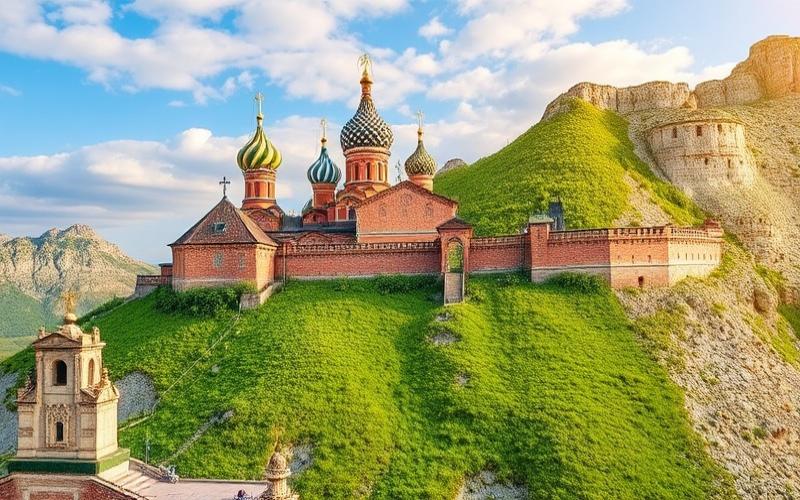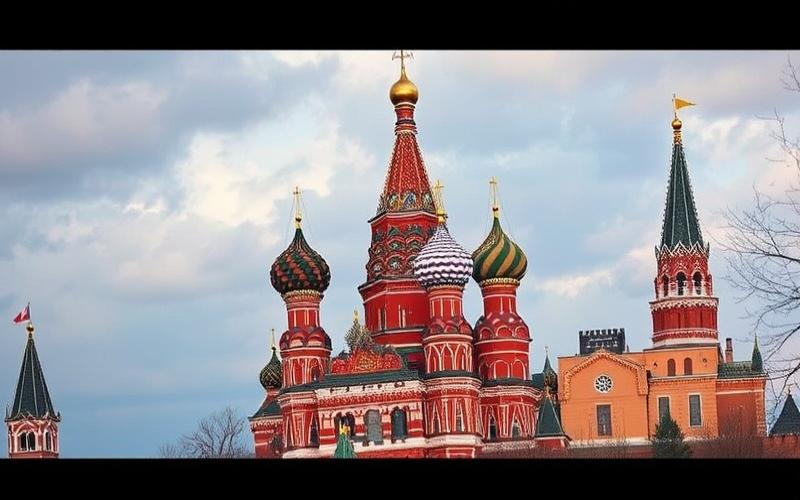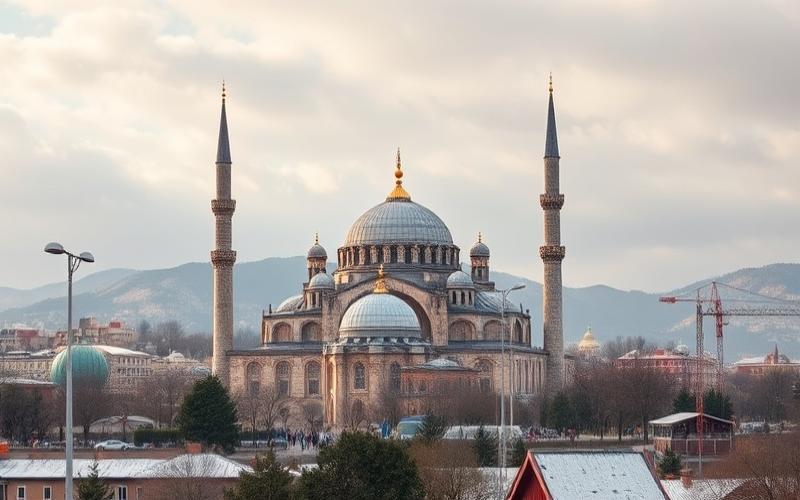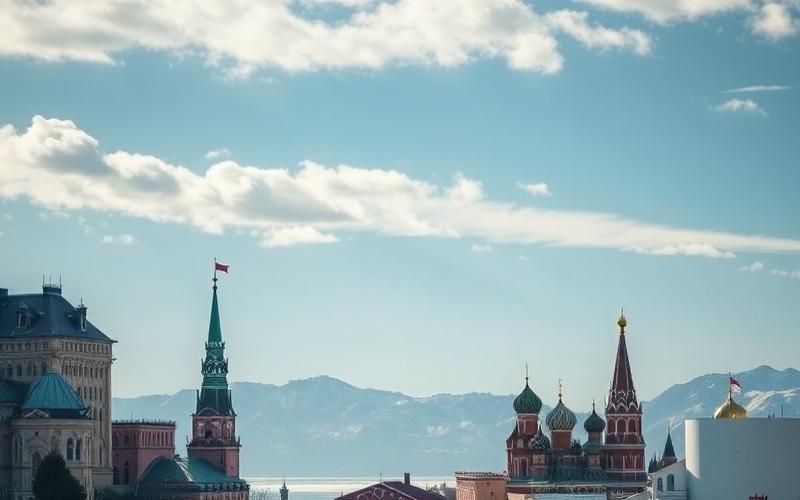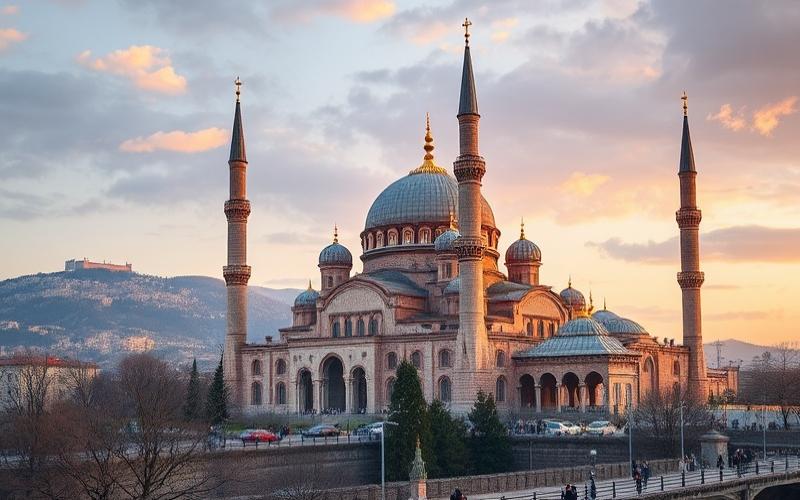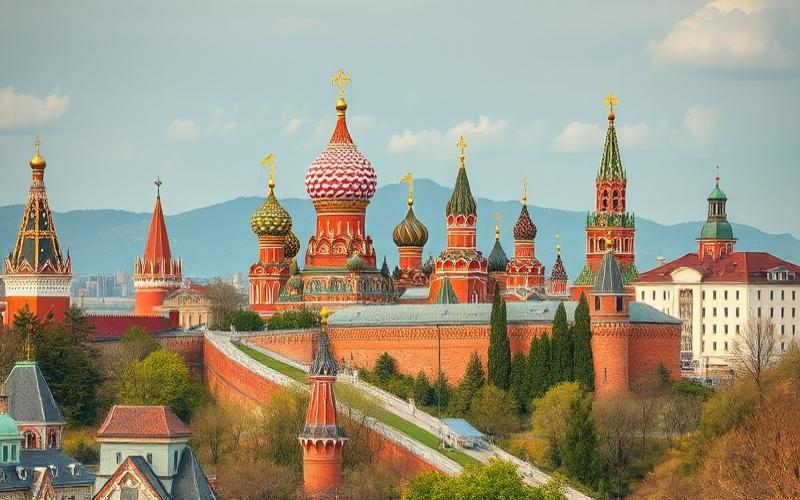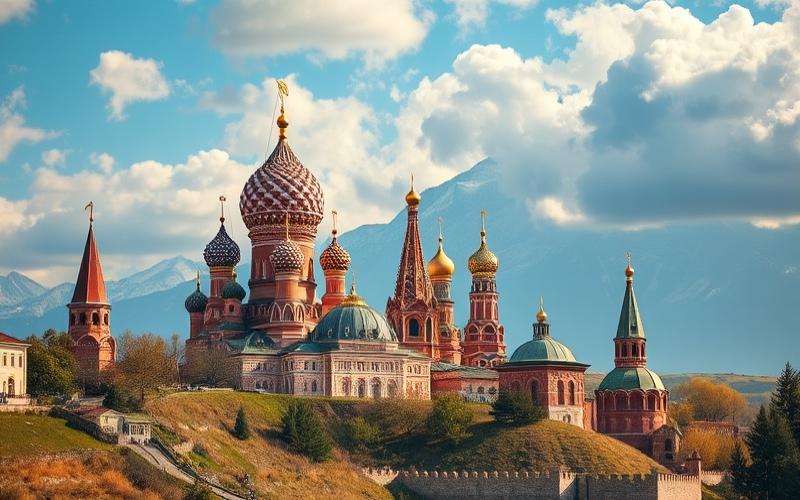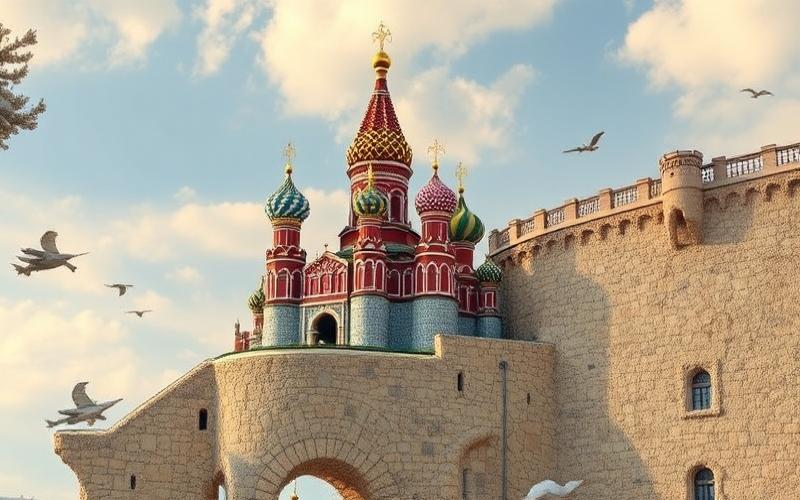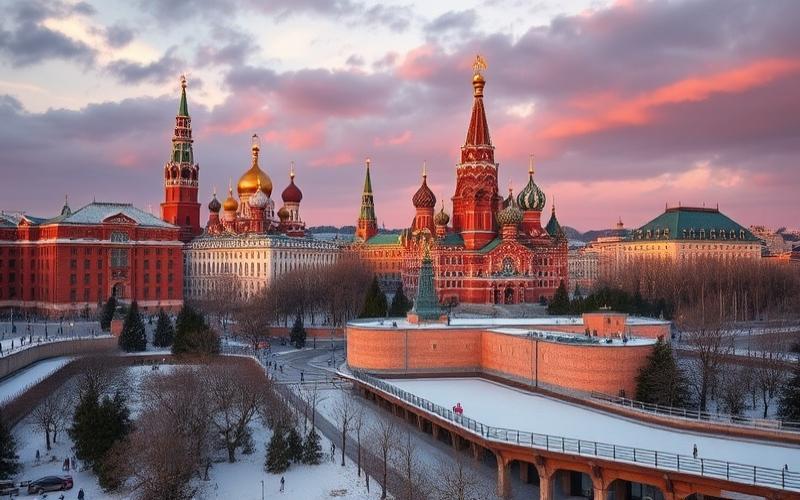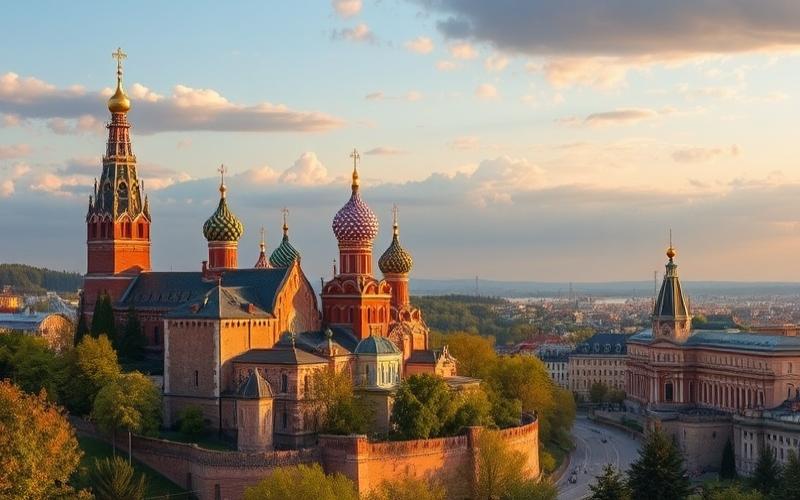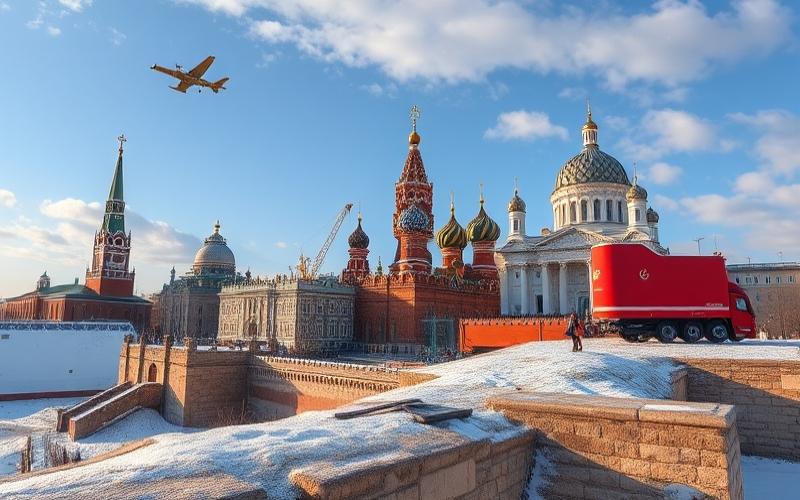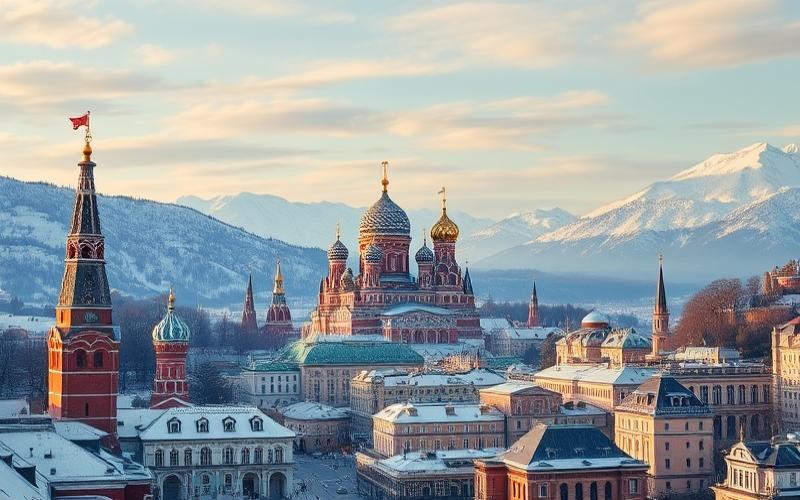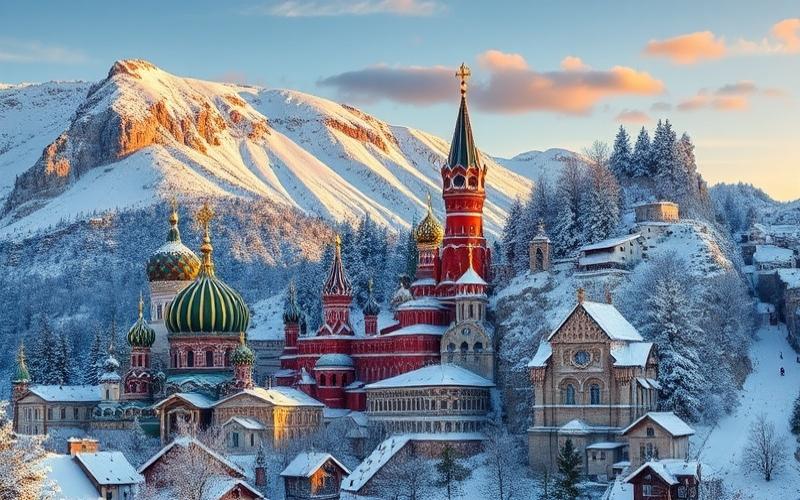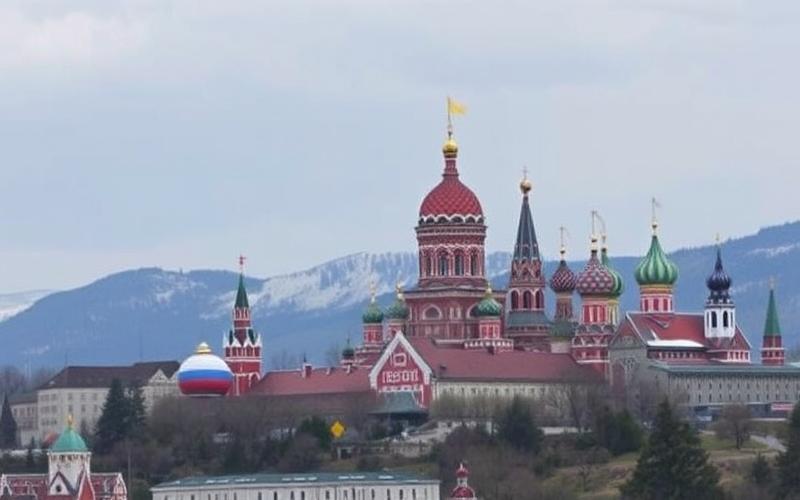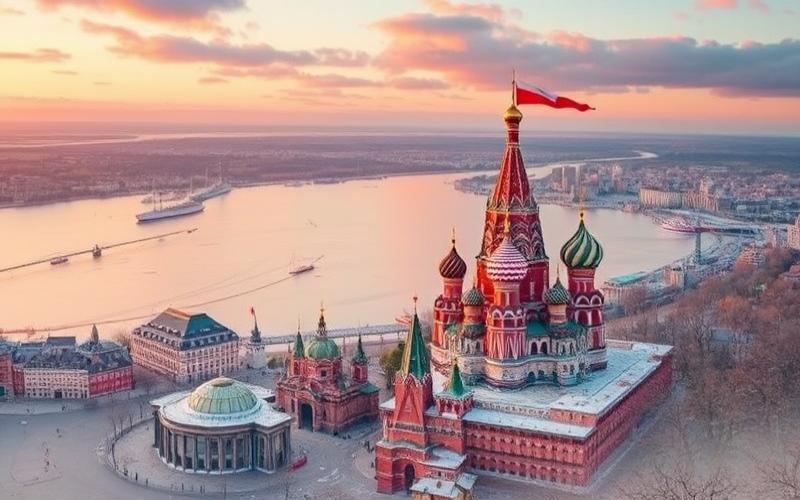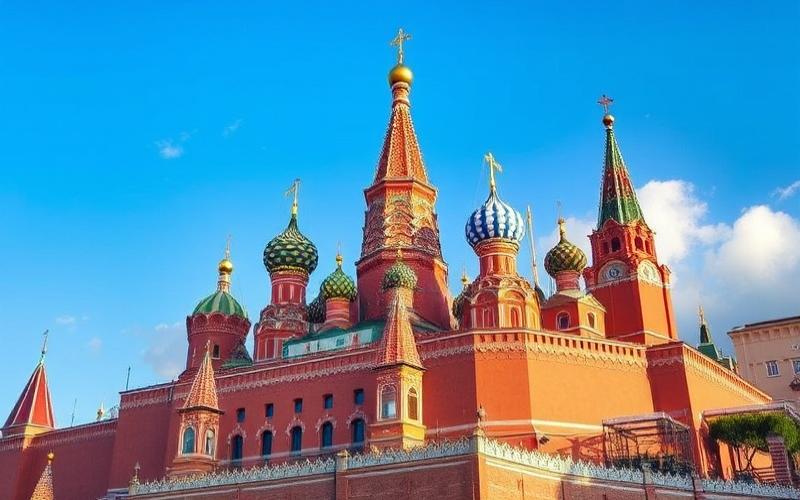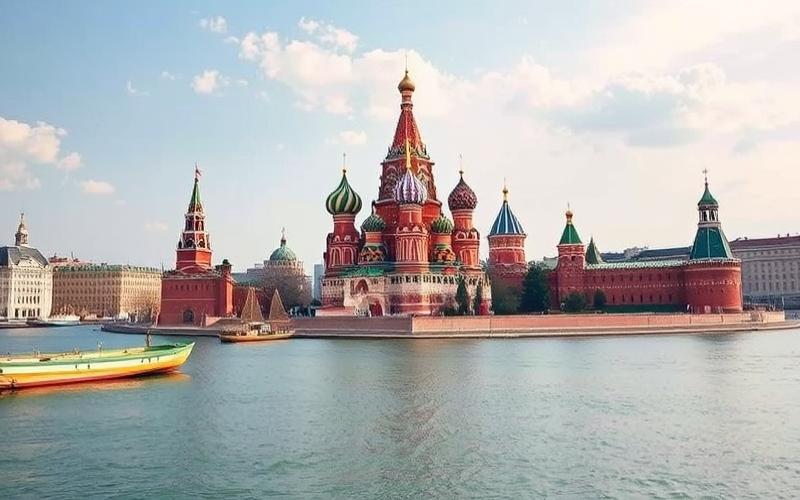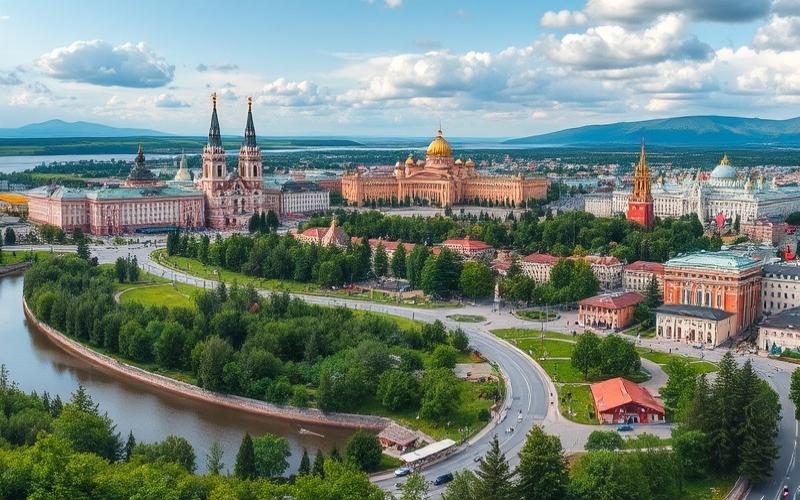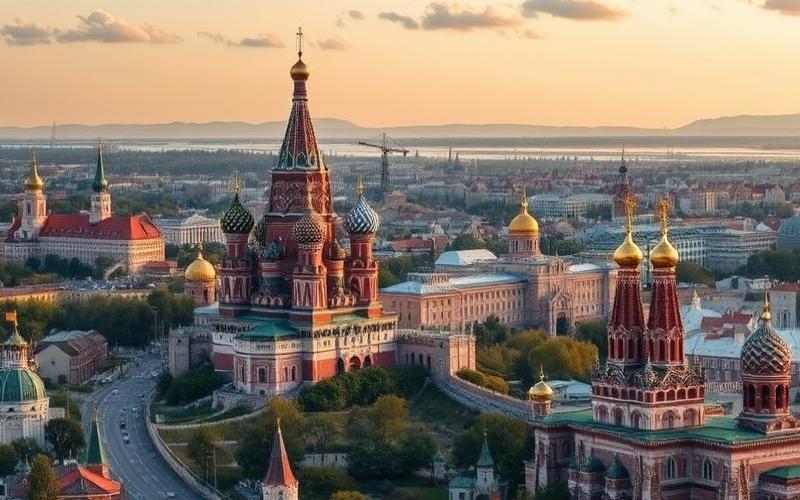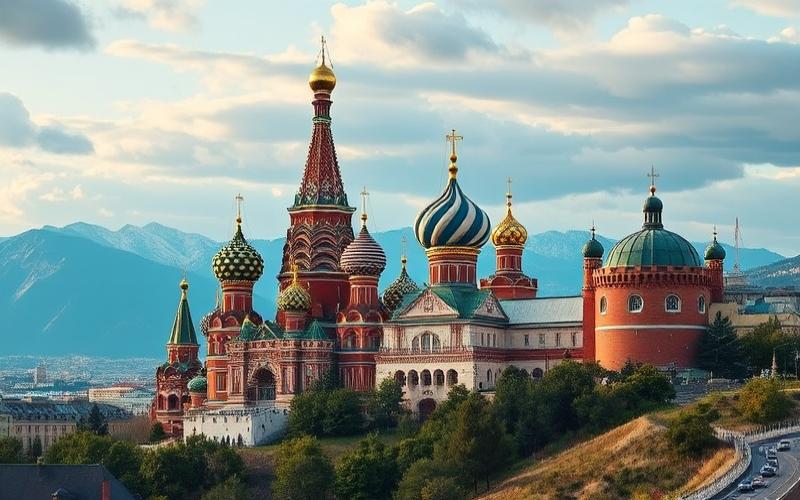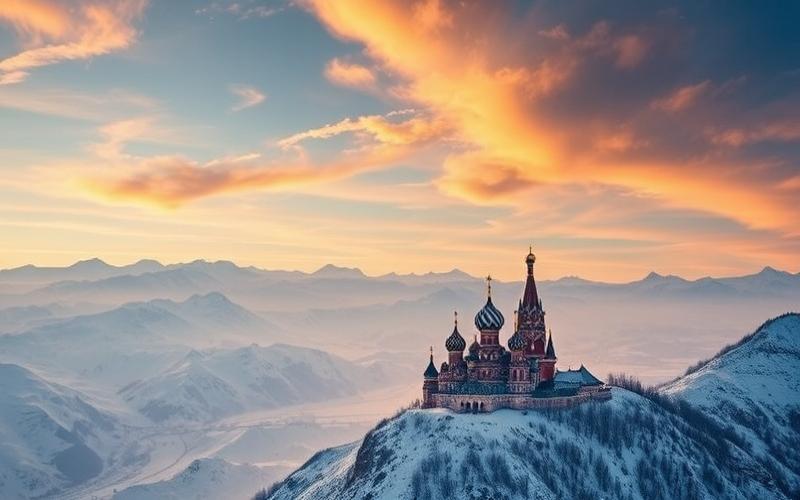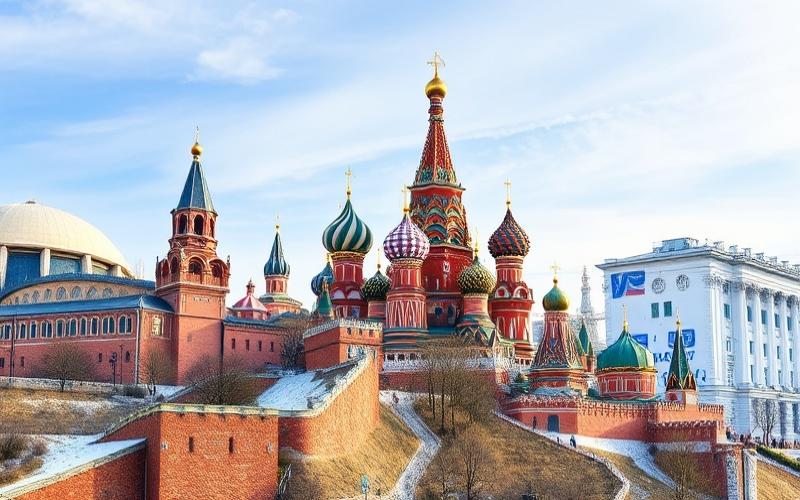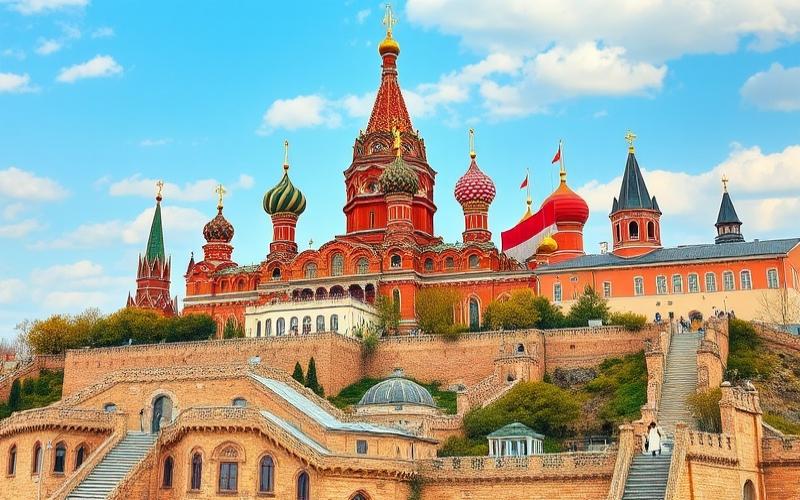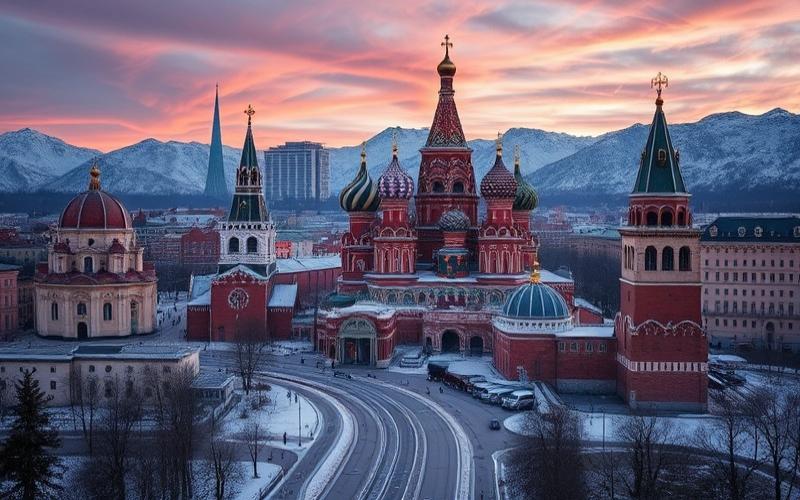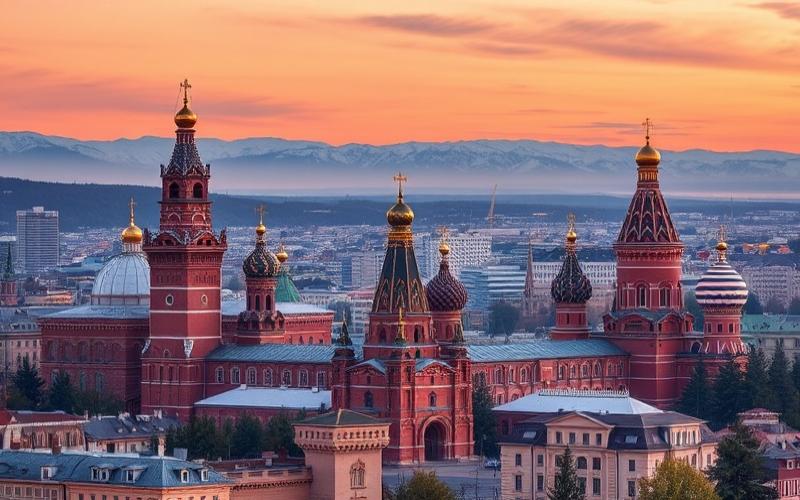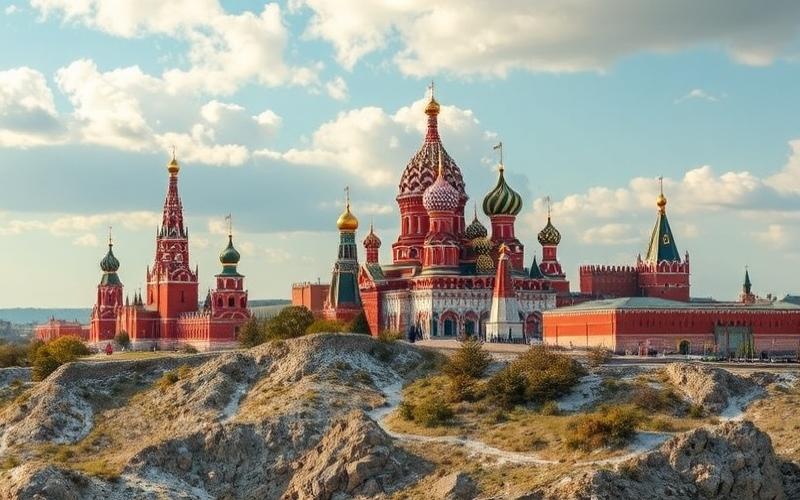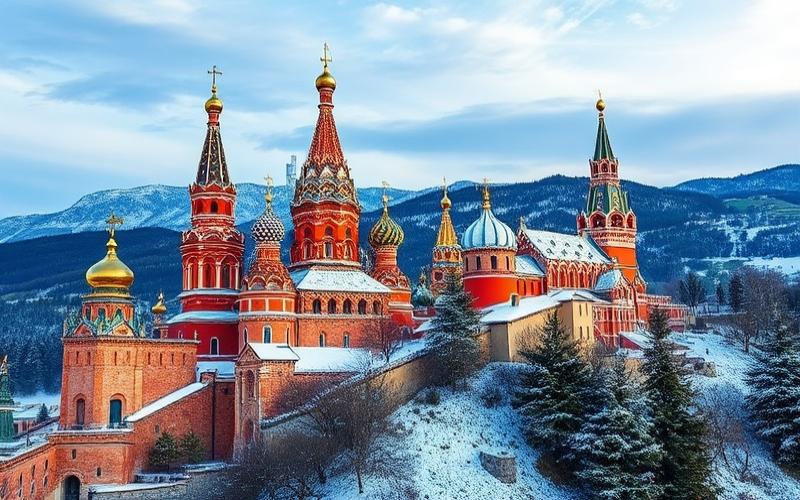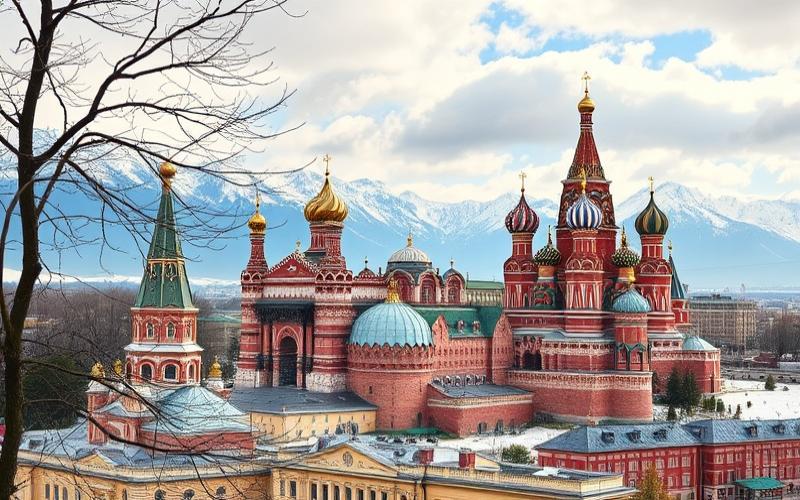
 Published on and written by Cyril Jarnias
Published on and written by Cyril Jarnias
Navigating the landscape of student life in Russia can feel like an adventure filled with fascinating discoveries, but also practical challenges to overcome. Among the major concerns for international students, finding affordable housing and accessing scholarships are crucial steps that determine the quality and peace of mind of their university experience.
As this vast country opens its doors each year to a growing number of students from all corners of the world, it’s essential to understand the available resources, opportunities offered, and steps to take in order to settle in comfortably and focus fully on learning.
The article you are about to read will reveal the secrets and tips to optimize your academic journey in this multifaceted country, while giving you an overview of the solutions provided by Russian authorities to support student mobility.
Living and Studying in Russia: Everything You Need to Know
The cost of living for students in Russia mainly depends on the city and type of accommodation chosen. Moscow and Saint Petersburg are the most expensive, while provincial cities remain more affordable.
| Expense | Monthly Range (RUB) | Monthly Range (USD) |
| Housing | 150 – 35,000 | 2.6 – 612 |
| Food | ~8,000 – 15,000 | ~130 – 230 |
| Transportation | ~500 – 2,000 | ~8 – 32 |
| Entertainment/Culture | ~3,000 – 10,000 | ~50 – 160 |
In the provinces, housing can drop to less than 1,500 RUB/month, while in Moscow it frequently reaches 25,000 RUB/month or more. Restaurant meals cost between 400 and 1,200 RUB, but cooking at home significantly reduces the budget.
Main Student Housing Options
- University dormitories: shared or single rooms, very competitive prices.
- Private rental: apartments alone or shared; significantly higher cost.
- Host family (rare but possible in some cities).
To find housing:
- Consult the university’s international welcome service
- Join student groups on social networks
- Compare with local specialized agencies
Daily life also requires a budget for:
- Academic supplies
- Medical care (often included in mandatory insurance)
- Sports and cultural activities
Main Cultural Differences Faced by Foreign Students
- Direct communication, sometimes perceived as cold; it’s advisable to adopt an open attitude while respecting local reserve.
- Respect for administrative rules, very strict at university and elsewhere.
- Importance of traditions: national holidays, typical cuisine, varying dress codes by region.
To adapt effectively:
- Participate in activities organized by the university or student associations
- Learn some basic Russian upon arrival
- Actively engage with local culture through museums, concerts, and events
The Russian Education System
| Level | Duration |
| Bachelor’s | 4 years |
| Specialist | 5–6 years |
| Master’s | 2 years |
| Doctorate | 3–4 years |
Most universities offer:
- An academic semester fall/winter then spring/summer
- Lectures + tutorials/practical work
- Regular assessments + semester exams
Many preparatory programs exist to facilitate linguistic and cultural integration.
To Obtain a Russian Student Visa
- Obtain an official admission letter issued by a recognized university.
- Fill out the official visa application form at the Russian consulate.
- Present a valid passport (+6 months after visa expiration), recent photos, medical certificate if required.
- Subscribe to medical insurance approved in Russia.
Practical tips:
- Start early: some administrative delays exceed several weeks.
- Regularly check the exact list of required documents based on country of origin.
Main Support Available for International Students
- University international services: administrative help, orientation upon arrival
- Local/international student associations: social & cultural integration facilitated via dedicated events (multicultural evenings, excursions…)
Useful lists for quick integration:
- Participate in language groups/cross-cultural exchanges offered on campus
- Benefit from tutoring offered to newcomers
- Inquire with the international office about specific financial aid or scholarships
To maximize your student experience in Russia: plan your budget carefully, get involved in local university life, and anticipate all administrative procedures related to your student stay
Good to Know:
The cost of living in Russia for students can vary, but budgeting around 300 to 500 euros per month for food, transportation, and leisure is advisable. To adapt to cultural differences, participating in events organized by student associations can be helpful, and regarding housing, university dormitories offer affordable options, although exploring shared apartments for more comfort is also wise.
How to Get a Scholarship to Study in Russia
Scholarships to Study in Russia
| Scholarship Type | Organization/Institution | Levels Covered | Funding | Main Benefits |
|---|---|---|---|---|
| Russian Government Scholarship (Rossotrudnichestvo) | Russian Government | Bachelor’s, Master’s, Doctorate | Fully funded | Tuition fees, housing, stipend, possible preparatory Russian year |
| Skoltech Scholarship | Skolkovo Institute of Science and Technology | Master’s, Doctorate | Fully funded | Tuition, insurance, high monthly stipend, programs in English |
| Other Institutional Scholarships | Russian universities, private foundations, international organizations | Variable | Partial or full | Benefits vary by institution |
Typical Application Process
- Choose a university and study program
- Register on the official portal (e.g., https://education-in-russia.com)
- Prepare and submit the application file to the national structure (ministry, embassy, DGESRS…)
- Take selection exams and an interview (often organized by Rossotrudnichestvo or the consulate)
- Final selection by Russian universities
- Apply for a student visa
Common Eligibility Criteria
- Be a citizen of the concerned country and not already benefiting from another scholarship
- Be physically and mentally fit
- Required academic level (high school diploma for bachelor’s, bachelor’s for master’s, master’s for doctorate)
- For some specializations, proof of Russian language proficiency
Generally Required Documents
- Completed application form
- Certified copies of diplomas and transcripts
- Valid passport
- Recent medical certificate
- Letter(s) of recommendation
- Motivation letter
- Updated CV
- Language certificate (Russian or English depending on the program)
- ID photo
Deadlines to Respect
Applications for the following academic year generally open in the fall and close between December and March depending on the country and programs.
Example: for 2025-2026, file submission before December 20, 2024 for some national scholarships.
Practical Tips to Maximize Your Chances
- Prepare a complete, neat, and compliant file (pay attention to translations and document certification)
- Write a clear, personalized, and convincing motivation letter, demonstrating interest in Russia and the chosen program
- Request recommendations from relevant professors or employers
- Practice for selection interviews and research frequently asked questions
- Develop basic Russian skills, even for programs in English (this facilitates integration and daily life)
- Regularly check official websites to not miss any deadlines or required documents
Useful Resources and Links
- Official portal for studies in Russia: https://education-in-russia.com
- Skoltech portal: skoltech.ru
- Russian embassies and cultural services in your country
- Rossotrudnichestvo and Russian centers for scientific and cultural cooperation
- National scholarship information platforms (ministries of higher education, university websites)
To Maximize Your Chances:
- Prepare each document rigorously, proofread your file carefully.
- Personalize your motivation letters by explaining your project and specific interest in Russia.
- Don’t wait until the last minute to apply.
- Show your cultural openness and willingness to learn Russian.
Main Websites to Check Regularly:
- education-in-russia.com
- skoltech.ru
- institutfrancorusse.org
- Websites of Russian embassies and consulates in your country
- National scholarship platforms
Good to Know:
To maximize your chances of securing a scholarship to study in Russia, prepare a strong application including a compelling motivation letter and ensure you meet application deadlines, relying on online resources like the Study in Russia website for up-to-date information.
Finding Student Housing in Russia
Types of Student Housing in Russia:
- University dormitories (“obshchezhitiye”)
- Shared apartments (roommates)
- Private studios
- Host families (less common option but appreciated for cultural immersion)
| Housing Type | Monthly Cost (Moscow/St. Petersburg) | Monthly Cost (Medium Cities) | Advantages | Disadvantages |
|---|---|---|---|---|
| University Dormitory | 40–80 € | 20–50 € | Campus proximity, security, price | Lack of privacy, noise |
| Shared Apartment | 250–450 € | 100–250 € | Independence, comfort | Longer search process |
| Private Studio | ≥400 € | ≥200 € | Total privacy | High price |
Application Process and Required Documents:
- For a university dormitory:
- Passport + certified Russian translation
- Migration card
- Admission letter or enrollment certificate
- Often to be done upon academic file validation or after visa receipt
- Deadlines: application generally between June and August for a September start
- For apartment/shared/studio:
- Rental contract with owner/real estate agency
- Passport + valid student visa
- Sometimes security deposit required (1 to 2 months)
- Search possible year-round but high demand before university starts
Main Advantages and Disadvantages:
- University dormitories:
- Advantages: very low price, utilities included, campus proximity, security ensured by dedicated staff
- Disadvantages: common spaces often cramped or noisy, little privacy
- Shared apartments/private apartments:
- Advantages: better quality of life and independence
- Disadvantages: high costs in big cities like Moscow/St. Petersburg; more complex administrative procedures; need to choose roommates carefully
- Private studios:
- Main advantage: complete autonomy
- Major disadvantage: cost often prohibitive for a student alone in a Russian metropolis
Cost Variations by City:
Moscow/St. Petersburg: rents much higher than in medium university cities (Yekaterinburg, Kazan…)
In a medium city: housing budget significantly lower and easier access to studios/individual apartments.
Practical Tips for Newcomers:
List of Best Practices:
- Prioritize request with the international service upon university acceptance.
- Use specialized Russian platforms like CIAN.ru or Avito.ru to find apartments/roommates.
- Join student groups on VKontakte/Facebook dedicated to local housing.
Testimonials/Expertise:
“Sharing an apartment not only allowed me to save on my budget but also to integrate quickly thanks to my Russian roommates.” (French student in Novosibirsk)
“The dormitory is perfect if you like being surrounded. Otherwise, opt for a studio even if it costs more.” (advice from an international officer)
Cultural Aspects Specific to Student Housing in Russia:
List of Notable Differences:
- Collective living is encouraged in dormitories through lively common spaces.
- Internal rules are strict: regular checks by security agents; sometimes imposed schedules.
Cultural Recommendations:
- Scrupulously respect the dormitory’s internal regulations under penalty of fine or temporary expulsion.
- Get used to constant sharing of spaces; the Western concept of “individual apartment” remains minority among young Russians.
To maximize your experience:
Remember that integration also involves accepting certain local habits! Russian student cohabitation promotes rapid language exchange and accelerated cultural adaptation.
Good to Know:
For student housing in Russia, prioritize university dormitories for their affordable cost and campus proximity, while for multicultural experiences, shared apartments via platforms like Cian or Avito are ideal, especially in Moscow.
Disclaimer: The information provided on this website is for informational purposes only and does not constitute financial, legal, or professional advice. We encourage you to consult qualified experts before making any investment, real estate, or expatriation decisions. Although we strive to maintain up-to-date and accurate information, we do not guarantee the completeness, accuracy, or timeliness of the proposed content. As investment and expatriation involve risks, we disclaim any liability for potential losses or damages arising from the use of this site. Your use of this site confirms your acceptance of these terms and your understanding of the associated risks.

